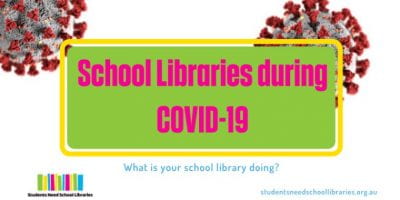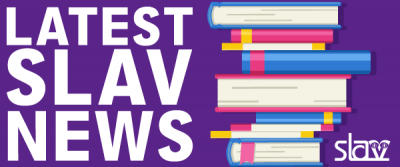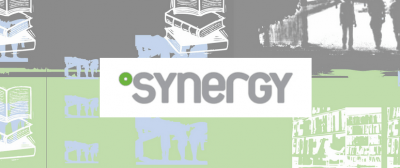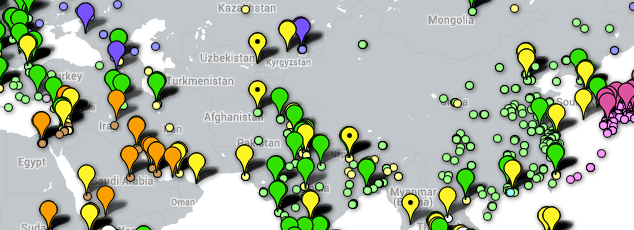From the team at Students Need School Libraries –
COVID-19. It changed Term 1, 2020. It changed the way students and school staff approach Term 2, 2020. It changed the way we view education. It changed the world. What it didn’t change was the need for school libraries run by a qualified and passionate school library team.
We want to know and share what school libraries or school library teams have been focusing on during this COVID crisis. It might look a little different from the usual, but it’s even more important during this time of change and upheaval.
The Task: We want to know what you, as a library staff member or library team, have been focusing on during this COVID crisis.
The Goal: To continue sharing the word about the importance of school libraries and school library staff. Schools are blessed to have you. And the schools without you are probably wishing they did have you right about now.
What you would need to do: Take 5 minutes to respond to the questions below or write a short paragraph about how your school library is responding to the COVID crisis and email it to blog@studentsneedschoollibraries.org.au Anyone involved in school libraries in any way is welcome to respond, from school library staff to parents or students, authors running virtual visits or publishers providing access to resources.
We will feature responses on the Students Need School Libraries Website and social media pages and we hope to share the stories around the world in collaboration with our international colleagues. We hope we can rally around each together during this time to support each other, our students, school staff and the wider community. Please let us know if you have any other ideas you would like to share.
Snapshot of a School Library during COVID-19.
- What has been the focus for your school library/ role during the COVID-19 crisis?
- What major tasks have you achieved?
- What has been the result for staff and/or students?
- What other information would you like readers to know?
- Do you give permission for this information to be shared beyond the Students Need School Libraries website and social media, for example in an articles for a school library journal? Yes/No/I’d need to be contacted first
- Would you like this posted anonymously: Yes/No. If no, please answer the questions below.
-
- Your role/s:
- Your school:
You can find more information here. https://studentsneedschoollibraries.org.au/blog/share-your-covid-19-school-library-experience/


 SLAV have started a
SLAV have started a 






